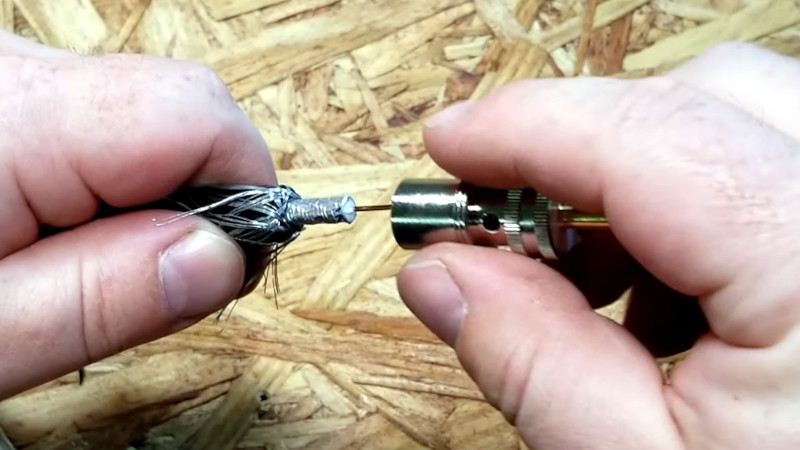Anyone who works with radio transmitters will know all about matching and impedance, and also about the importance of selecting the best co-axial cable connecting transistor and antenna. But here’s [Steve, KD2WTU] with a different take, he’s suggesting that sometimes a not-so-good co-ax choice can make the grade. He’s passing up expensive 50 ohm cable in favour of the cheap and ubiquitous 75 ohm RG6 cable used in domestic TV and satellite receiver installations.
Fighting that received wisdom, he outlines the case for RG6. It’s cheap and it has a surprisingly low loss figure compared to some more conventional choices, something that shouldn’t be a surprise once we consider that it’s designed to carry GHz-plus signals. Where it loses is in having a lower maximum power rating. Power shouldn’t be a problem to a shoestring ham for whom 100W is QRO. Another issue is that 75 ohm coax necessitates a tuner for 50 ohm transmitters. It also has the effect of changing the resonance of some antennas, meaning a few mods may be in order.
So we’re convinced, and with the relatively QRP shack here we can’t see RG6 being a problem. Maybe it’s something to try in out next antenna experiment. Meanwhile if you’re interested in some of the background on co-ax impedance choices, we’ve been there before.

